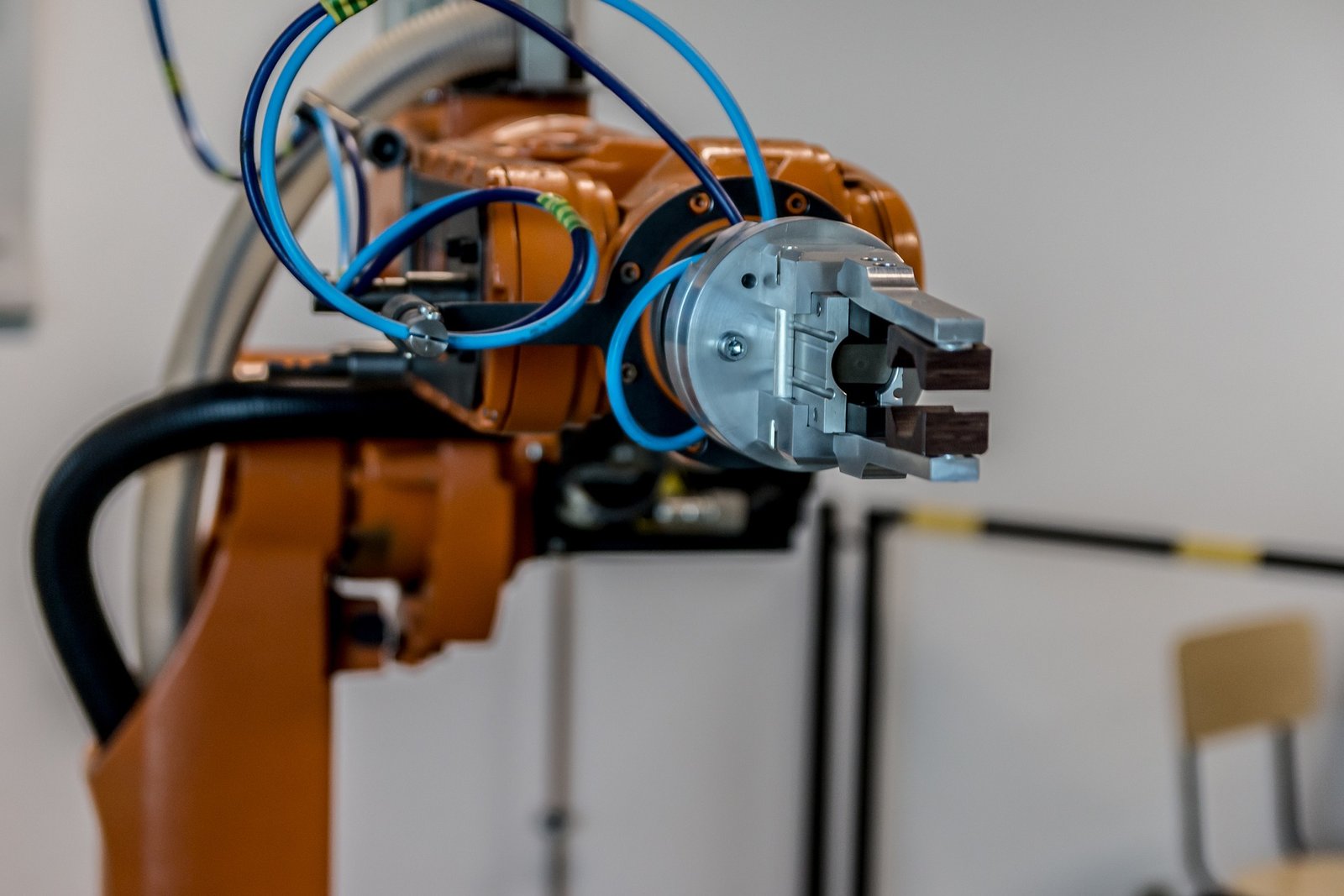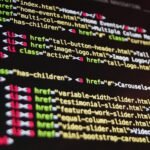
The U.S. economy has already lost about 400,000 jobs to AI automation from 1990 to 2007, but today, AI is taking a more subtle role in the economy.
Writers
AI can now easily create text that looks like it was written by a human.
Over 1 million people are thought to be freelance writers around the world. They’re competing with robots that don’t get tired, don’t need to be paid, and can produce an infinite amount of content. A lot of the time, it is almost impossible to tell that a piece of work has been written by AI.
Support
The rise of AI-powered customer service has a big impact on the jobs that people can do in their jobs. It’s thought that 85 percent of customer interactions have already been handled without any human interaction at all.
About 3 million customer service representatives work in the United States. According to the Bureau of Labor Statistics, people who work in this field may be able to find work in other places but it’s also possible that many may not. This is causing people to call for a universal basic income, where the government gives everyone a set amount of money to live on, to help people who lose their jobs because of automation.
Translators
For a long time, translation work has been at risk of being completely automated. In a 2020 research paper, it was found that a deep learning system based on the Transformers is better than humans at translating.
As AI translation becomes more common, there will be less need for human translators, and their wages will go down as a result. Even though many economists once thought that outsourcing would hurt white-collar workers, the coming wave of AI will have a much bigger impact, across the board. As Forbes says, AI job automation has already been the main cause of income inequality in the United States over the last 40 years.
Coding
Over a year ago, an OpenAI beta tester said that AI could one day do many of the jobs that people who write code do now. At the time, OpenAI hadn’t yet released its code-generation engine, Codex, which now lets AI write code in many different languages. Soon, AI will be able to understand and write code as well as humans, and it will eventually be able to do so better than humans. Until two years ago, the idea of AI taking over jobs like those in the arts was a sci-fi story or at the very least a thing that only a few businesses did.
AI is taking jobs away in almost every sector and industry. The truth is, we’ve been living in a world where machines have been slowly taking over human jobs for a long time. In the meantime, we should be ready for a future where AI is slowly taking over the world’s jobs.



